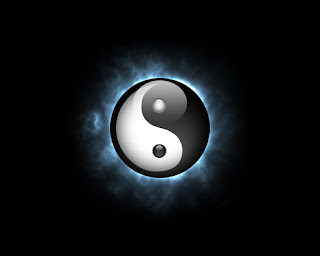The underlying philosophy- What is your style built on?
The principles referred to in the piece of Taoist scripture below have wide application. I have seen it used in Karate, Taijiquan (perhaps the foremost Taoist art in existence) and even in the tactical aspects of Shaolin Kungfu.
It is a universal law that can be tested and relied on.
Martial arts are usually not based on only one or two of these rules, but the rules themselves are interconnected.
When I was working on developing Zanshindo (what later on became Wenhsiuquan) the main underlying principal was awareness. Sensory acuity coupled with prompt, effective response. I have found that Zanshindo has turned out to be mainly a defensive style and must admit that I have neglected attacking back then.
When I became able to strike a balance between being able to defend effectively while also being able to launch quick, decisive attacks I have decided to use those techniques that best suit this purpose.
In my way of teaching I tend to point out more than often that martial arts abide to the same universal laws that govern our daily lives. Some may, however, prefer just to concentrate on the way those rules govern our technique and tactics. All of any style's techniques have such an underlying principle. It is important for a student to know this if he is to progress.
Without the key of an underlying guideline to follow the student shall always be dependent on somebody to teach him the next move or next technique. Knowledge of the underlying principles, however, open the door to learning new techniques, creating new attacks and defences, compiling new sequences of techniques and so forth. It also indicates what place your martial arts training has in your life.
Now- back to Chapter 86 of the Tao Te Ching- whether you do MMA, Kungfu (I know you guys think you already know how to do this), Karate, Taekwondo, Judo or any other style that I don't even think of so often, you can find ways to make the principles work for you.
I always love a nice lively discussion- especially if the participants are talking from experience.
Feel free to tell me your views and experiences in the comment section of G+, Facebook, Twitter or Qzone. :)



Comments
Post a Comment